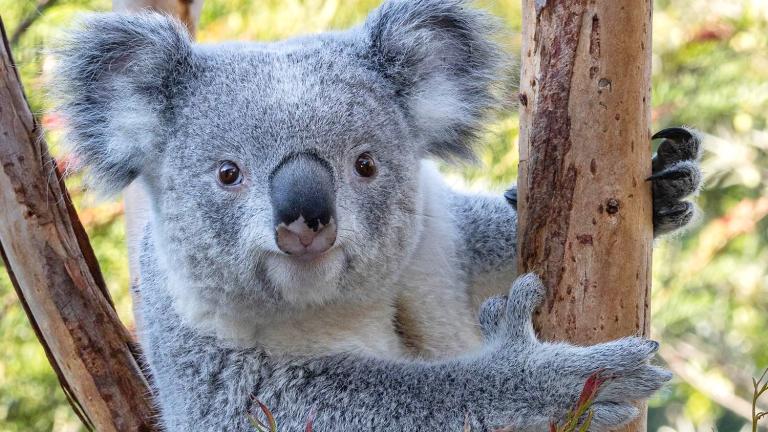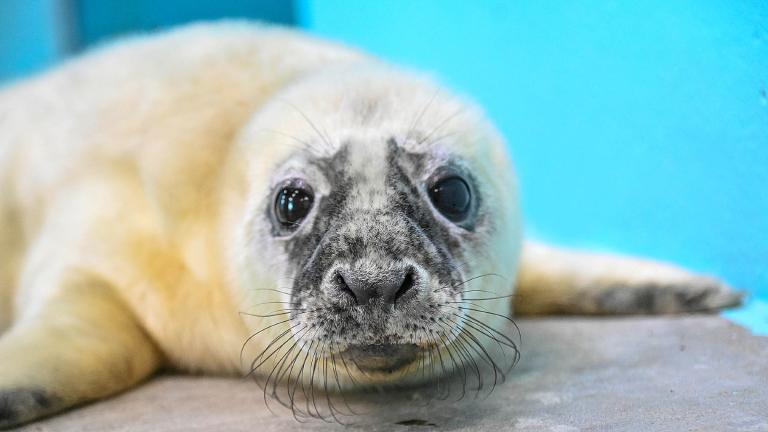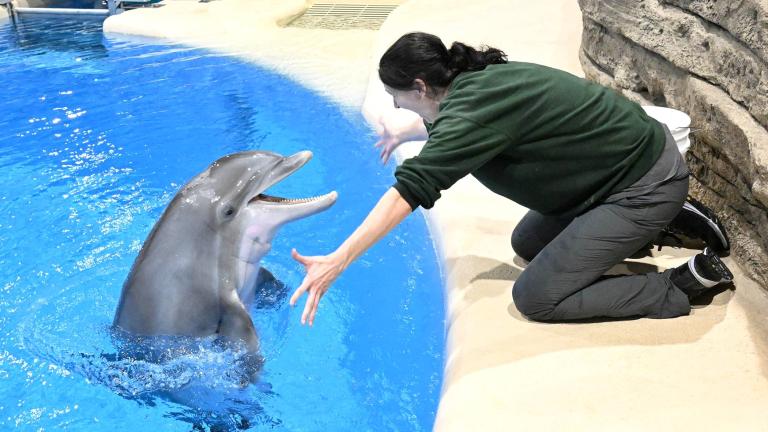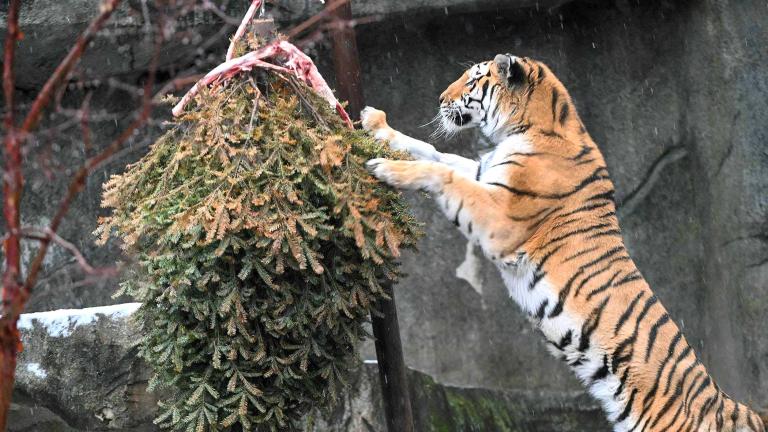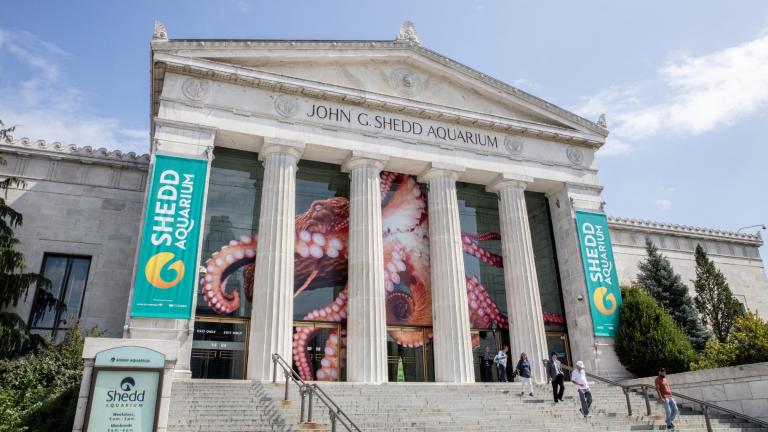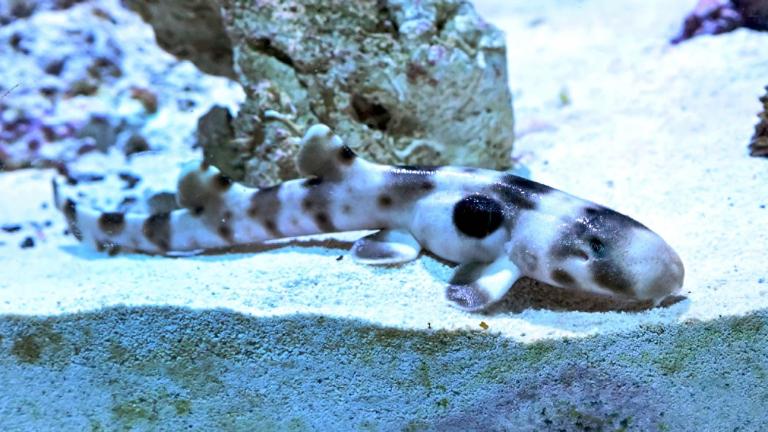Brookfield Zoo is more than just a place to visit your favorite furry friends.
The organization that runs the zoo is recognized internationally for its conservation efforts. Recently, two researchers with Brookfield Zoo received prestigious awards for their work in the field. Their current work focuses on the impacts of major oil spills on marine life.
Susana Cárdenas-Alayza is the director of the Punta San Juan Program in Peru where she is helping recovery efforts after the Repsol oil spill. She says it’s crucial to have baseline information when assessing the damage to the wildlife caused by an oil spill.
The baseline is the data that was collected during the BP oil spill that happened in April of 2010. Cárdenas-Alayza was already working with the new Peruvian government when the spill happened and was able to jump into action.
“We’re serving as technical advisers for the government, both the equivalent to fish and wildlife and the area has been protected areas,” Cárdenas-Alayza said.
She and her team were able to start the process of determining exactly how the wildlife was affected by the spill.
“One of the things we did was open the labs to receive all the dead animals to basically run the necropsies and freeze samples and make a bank of all the samples from the dead animals for many months after the oil,” Cárdenas-Alayza said.
More than a decade ago – that was not the experience of Randy Wells. He is vice president of marine mammal conservation for the Chicago Zoological Society and the director of the society’s Sarasota Dolphin Research Program.
“Being able to assess the damage and understand what needed to be done for mitigation or restoration required having knowledge of how much injury there had been to the dolphin population and the background information just wasn’t there,” Wells said. “So that meant that the scientists had to do a lot of modeling, which involves a lot of assumptions and that’s never as good as having actual empirical data.”
Wells recently celebrated 50 years of researching dolphins in the wild. He’s also seen how wildlife was affected and how it recovered after the BP oil spill.
“We know that the animals that were exposed to the oil in Barataria Bay, Louisiana, specifically where the oil came in very heavily are still suffering health effects, especially lung effects and adrenal gland impacts that then result in losses to the animals still and to declines in reproductive success for the animals,” Wells said. “But those dolls that were born after the spill are doing okay.”
Recently, Wells received the Kenneth S. Norris Lifetime Achievement Award from the Society for Marine Mammalogy. The award acknowledges individuals for their exemplary lifetime contributions to science and society through research, teaching, and service in marine mammalogy.
Earlier this month, Cardenas-Alayza received the Chicago Zoological Society’s Rising Conservation Leader Award.

